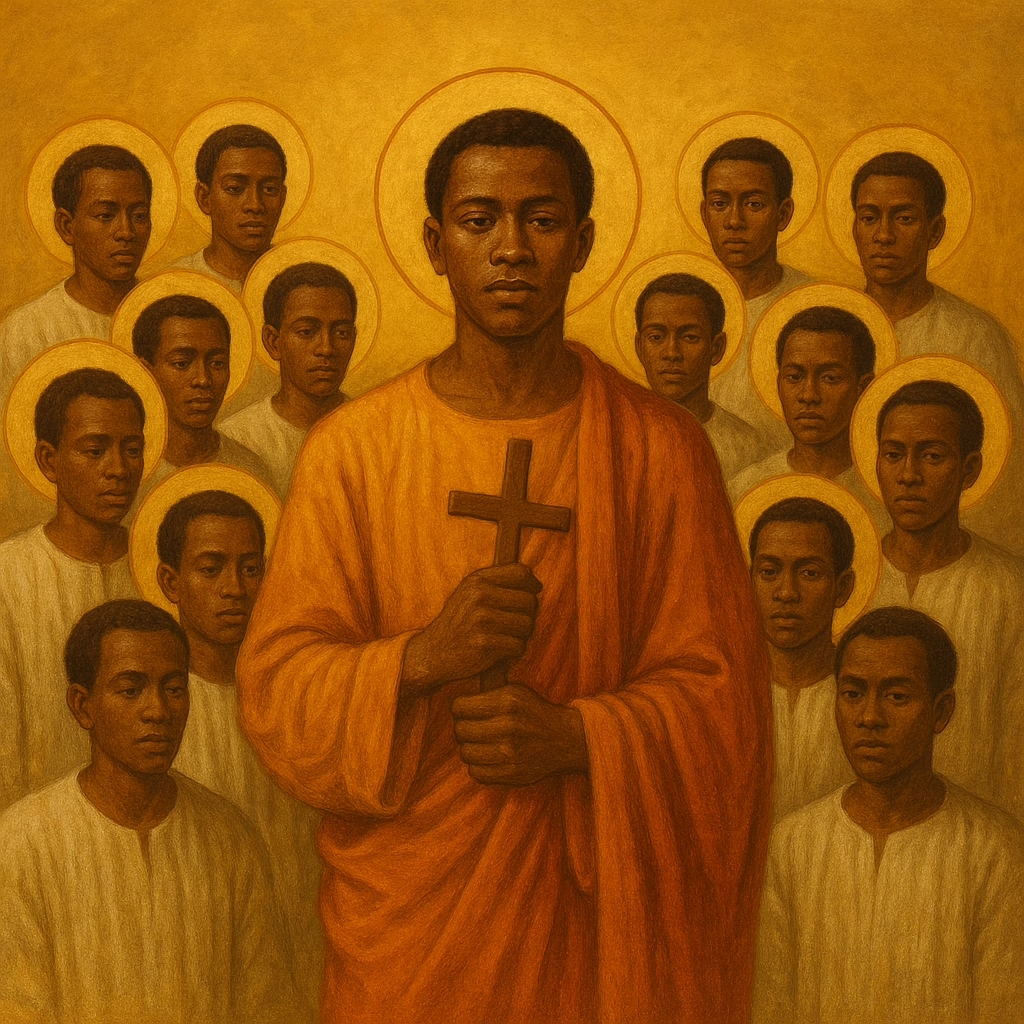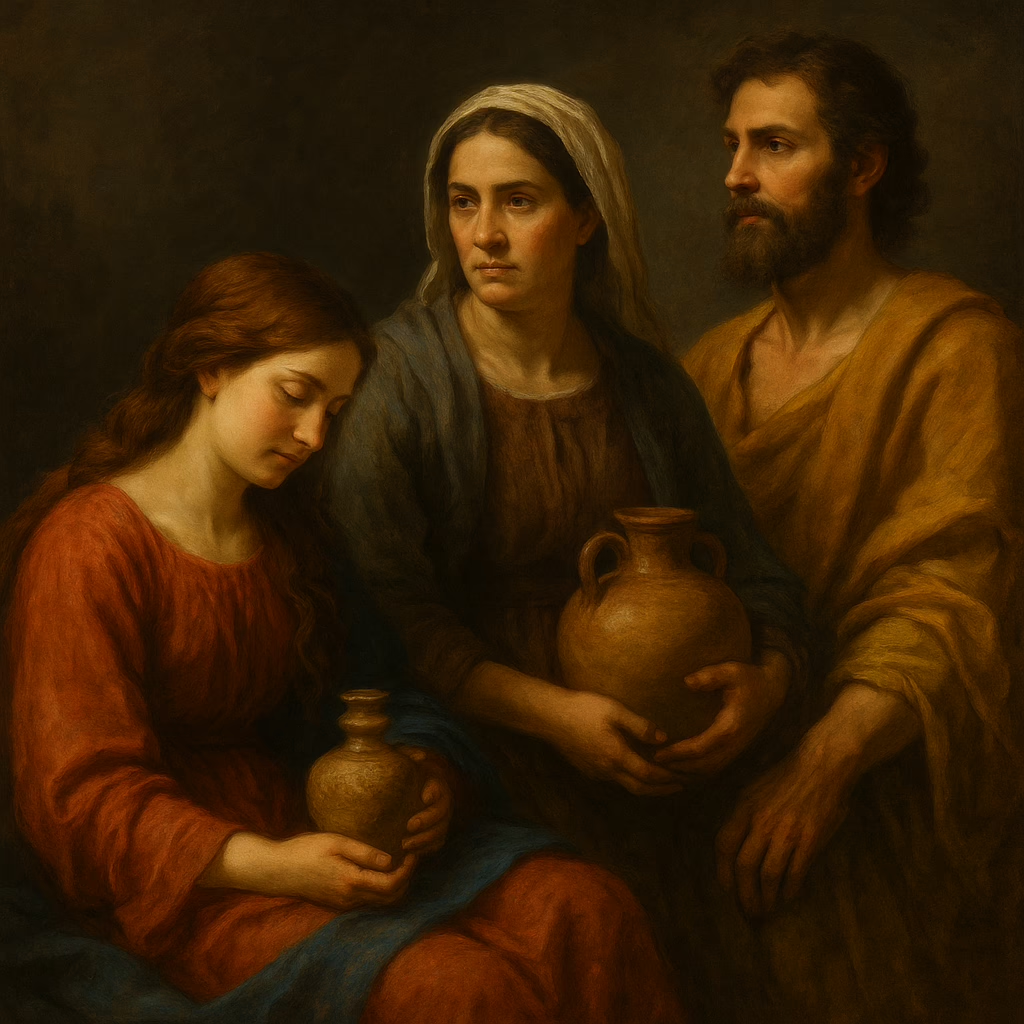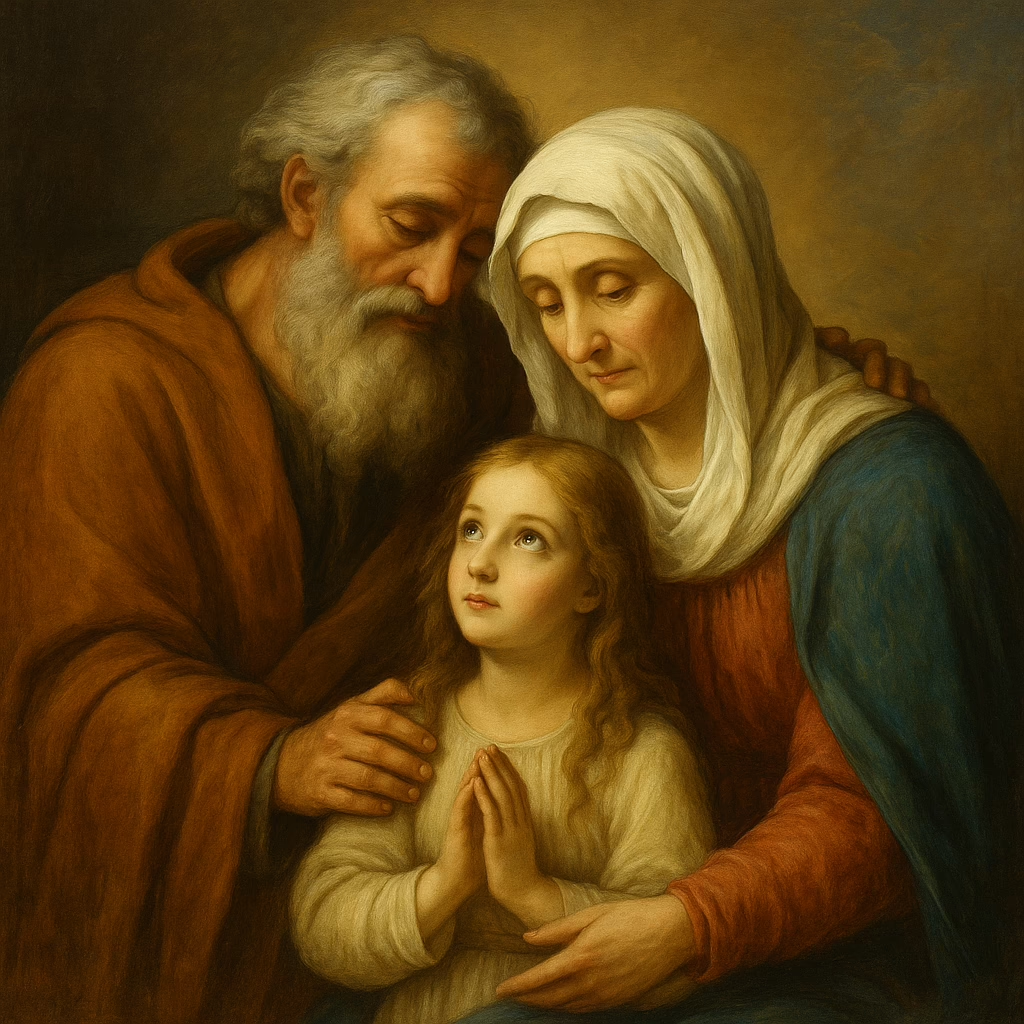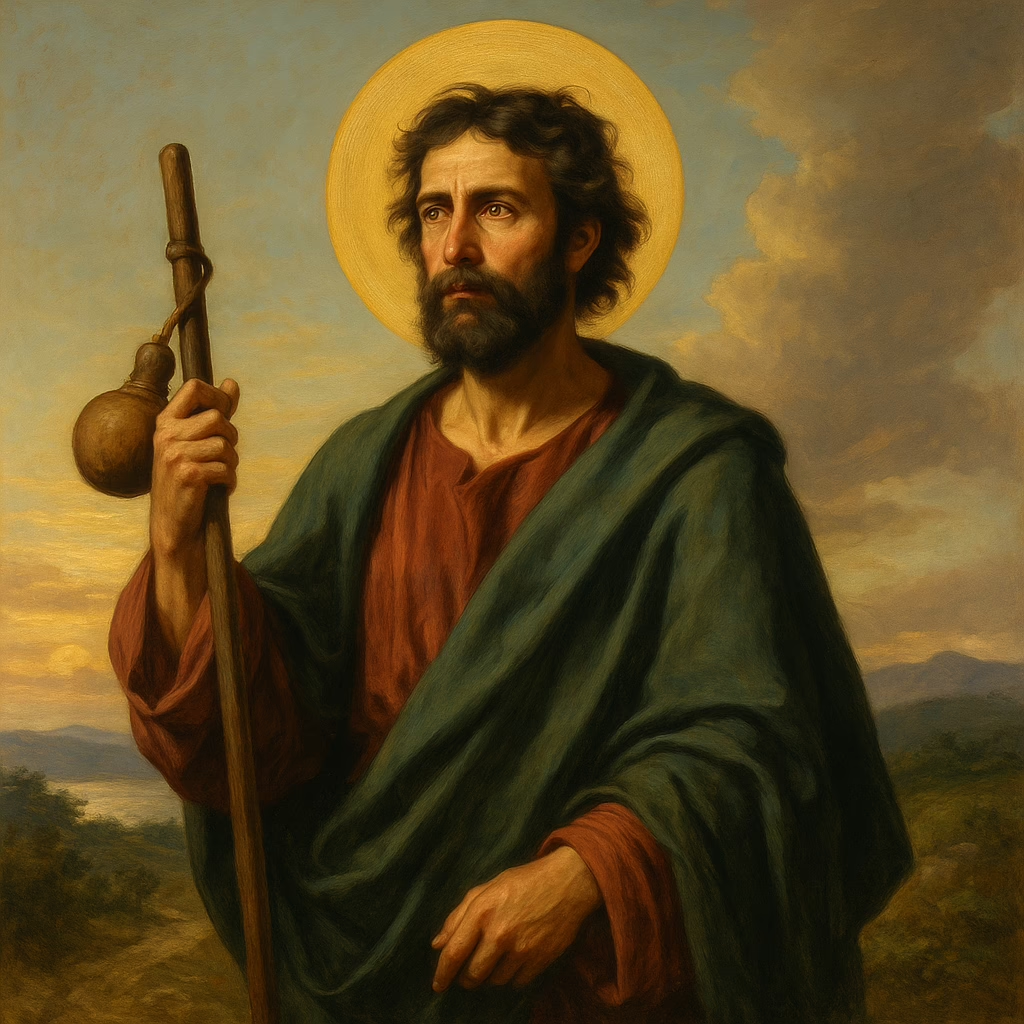St. Charles Lwanga and Companions: The Courageous Martyrs of Uganda
Introduction: The Faithful Heroes of Uganda
"To suffer with Christ is the foundation of courage." These words, though not directly spoken by St. Charles Lwanga, encapsulate the spirit of his life and martyrdom. St. Charles Lwanga and his companions are hailed as Ugandan Martyrs, their lives a testament to unwavering faith and courage. Born amidst cultural tumult, these martyrs emerged as pivotal figures in the spread of Christianity in Uganda. This article delves into their journey, highlighting significant events and drawing lessons that continue to inspire the faithful.
1. The Life of St. Charles Lwanga
1.1 Background and Early Influences
Charles Lwanga was born in the Buganda Kingdom in 1865, a time when the light of Christianity had just begun to pierce the region. Under the tutelage of Catholic missionaries, Charles was drawn to the teachings of Christ. His conversion illuminates the transformative power of early Christian teachings—an influence pivotal in igniting his deep-seated faith.
At the royal court, Charles served as an assistant to Joseph Mukaso, where his interactions shaped both his faith and his role as a leader. The court, while a place of power, also became a crucible for his convictions as a Christian.
1.2 Role as a Leader
In the face of King Mwanga II's tyrannical demands, Charles emerged as a leader for the younger pages, cultivating within them a sense of moral integrity and chastity. His leadership transcended mere guidance; it was an embodiment of the Christian call to live out faith with discipline. As Pope John Paul II once reflected, "Leadership is not about being in charge. It is about taking care of those in your charge." Charles did precisely that, ensuring his peers stood firm against moral decay, setting an enduring example for leadership in faith and community.
2. The Persecution Under King Mwanga II
2.1 The Demands of the King
King Mwanga II, notorious for his immoral demands, posed a severe threat to the Christian faith within his court. His tyranny brought to sharp relief the conflict between faith and tyranny, where young men were forced into a brutal choice between adherence to their newfound faith or succumbing to the king's wishes. The moral implications were profound, challenging the pages to prioritize divine fidelity over human treachery.
2.2 Imprisonment and Martyrdom
On June 3, 1886, St. Charles Lwanga and his companions faced martyrdom with a steadfast spirit. During their imprisonment, Charles’ unwavering belief inspired him to baptize his peers, fortifying them for the spiritual battle ahead. Their last moments were marked by declarations of faith that still resonate today, an echo of Psalm 23:4, "Even though I walk through the darkest valley, I will fear no evil, for you are with me."
3. Canonization and Legacy
3.1 Canonization Process
Pope Paul VI recognized the spiritual heroism of Charles Lwanga and his companions, canonizing them on October 18, 1964. The significance of their canonization lies not only in their sacrifice but in the broader movement they inspired, breathing new life into the Catholic Church. Martyrdom became more than a tragic end; it was a crescendo in the symphony of faith that enriched the Church in Africa.
3.2 Growth of Christianity in Uganda
Their martyrdom became a galvanizing force in the spread of Christianity throughout Uganda, where once isolated converts grew into a vibrant community of believers. The flames that consumed their bodies ignited a spiritual awakening that endured across generations.
3.3 Patrons of Youth and Catholic Action
The Ugandan Martyrs are revered within the Catholic community as patrons of youth—a testament to the enduring importance of involving young people in faith-filled action. Their lived example urges ongoing efforts to engage youth in dynamic expressions of faith, vital for today’s Church.
4. Lessons from St. Charles Lwanga and His Companions
4.1 Courage in Faith
St. Charles Lwanga exemplified courage in living out his faith amid adversity. His life invites us to reflect: How do we display courage in our daily lives? By embedding tenacity and faith into our practices, we echo the words of St. Paul in Philippians 4:13, "I can do all things through Christ who strengthens me."
4.2 Leadership and Protection
His destiny as a protector highlights the responsibility shouldered by every Christian leader. Being a beacon of faith involves more than serving—it entails guiding others toward spiritual enlightenment. We are reminded of the role of leaders in the Christian community, serving as pillars of spiritual strength and guidance.
4.3 Chastity and Moral Integrity
The martyrs' legacy continues to resonate, emphasizing the value of moral integrity and chastity in today’s society. These values call for discussions around contemporary challenges where fidelity to Christian principles is more vital than ever.
5. Prayers and Devotions
5.1 Traditional Prayers for Intercession
Prayers to St. Charles Lwanga and his companions serve as a spiritual anchor in turbulent times. By invoking their intercession, we align our lives with devotion and righteousness.
Sample Prayer:
Dear St. Charles Lwanga and Companions,
We seek your intercession as we navigate the challenges of our faith.
Guide us to remain steadfast and teach us the path of righteousness.
Amen.
5.2 Reflective Practices and Novenas
Engage in reflective practices centered on the lives of the Ugandan Martyrs. Novenas offer an avenue for profound connection, illuminating their virtues amidst our struggle for faith. Join in spiritual devotion through the [Novena to St. Charles Lwanga].
5.3 Contemporary Youth Ministry Activities
Integrate the martyrs' teachings into dynamic ministerial practices, engaging the youth in generation-transforming activities grounded in faith, courage, and integrity. Encouraging youth involvement in faith-based activities can light a path for future generations, inspired by the same courage and conviction.
Conclusion: Embracing the Legacy of St. Charles Lwanga
St. Charles Lwanga’s life underscores the enduring power of faith and resilience. His journey from a young page to a pillar of Christian martyrdom illustrates the profound impact of commitment to faith. As we reflect, let us challenge ourselves to deepen our devotion and engage in the teachings of the Ugandan Martyrs.





